What are the Key Factors Affecting the Lifespan of Rotomolded Products
The key factors that affect the lifespan of rotomolded products include raw material quality, production technology, product design, surface treatment, environment conditional and maintenance, etc.
 Mar 16,2024
Mar 16,2024 
How to Design the Holes for Rotomolded Products
Holes or vents in rotomolded products can be designed as either outward-projecting through-holes, blind holes, or as inward-recessed through-holes or blind holes.
 Mar 15,2024
Mar 15,2024 
Types of Rotational Molding Molds
In the rotational molding industry, common methods for creating molds include aluminum casting molds, sheet-metal molds, and molds that are computerized numerically controlled (CNC).
 Mar 14,2024
Mar 14,2024 
Draft Angles Design Consideration for Rotomolded Products
When designing draft angles for rotomolded products, factors such as material considerations, product shape and geometry, mold design, and transition areas must be carefully considered to ensure a successful demolding process, reduce production time and increase efficiency
 Mar 12,2024
Mar 12,2024 
Basic Requirements for Rotational Molding Mold Design and Production
The design and production of rotational molding mold require careful attention to several key factors to ensure the production of high-quality rotomolded products.
 Mar 11,2024
Mar 11,2024 
Light Venus Expanded Production Capacities with Additional Rotational Molding Machines
Light Venus increased its production capacities by setting up more rotational molding machines, which help meet the growing demand and ensure timely delivery to our customers.
 Mar 08,2024
Mar 08,2024 
How to Design Wall Thickness Range for Rotomolded Products
The determination of the optimal wall thickness range in rotomolded products is contingent upon a multitude of factors, encompassing the intrinsic properties of the materials used, the intended application of the product, and a careful consideration of the manufacturing process.
 Mar 06,2024
Mar 06,2024 
What Methods are Commonly Used to Heat the Rotational Molding Machines
Among the rotational molding machine heating methods, gas-fired, electric, infrared, and hot air heating techniques are commonly used. Each method has its advantages and applications.
 Mar 05,2024
Mar 05,2024 
Steps for Structural Inspections in Rotational Molding Process
Conducting structural inspections within the rotational molding process entails a comprehensive suite of procedures, including visual examination, precise dimensional measurements, sample sectioning, microscopic analysis, mechanical testing, pressure tests, as well as evaluations for ESCR.
 Mar 04,2024
Mar 04,2024 
 Tel: 0086-13632687993
Tel: 0086-13632687993  Email: roto@lightvenus.com
Email: roto@lightvenus.com

 Home
Home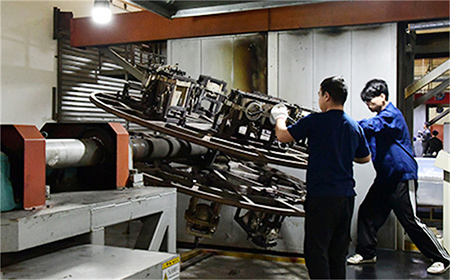
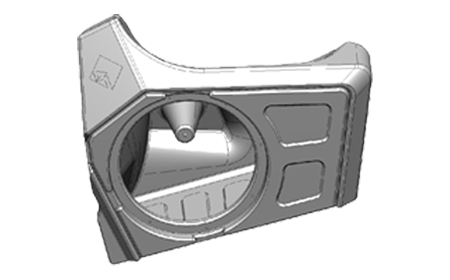
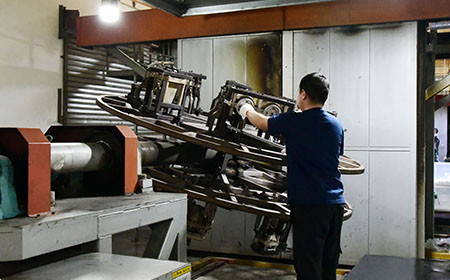
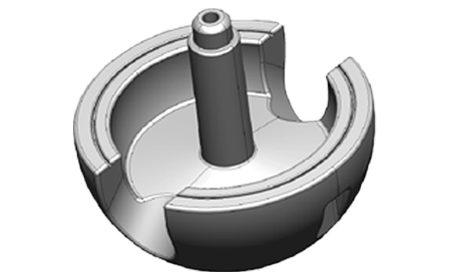
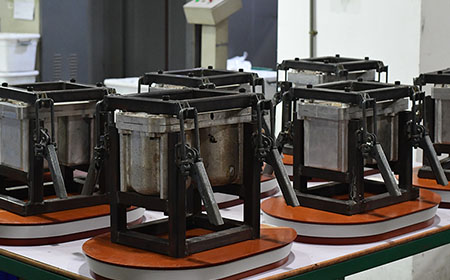
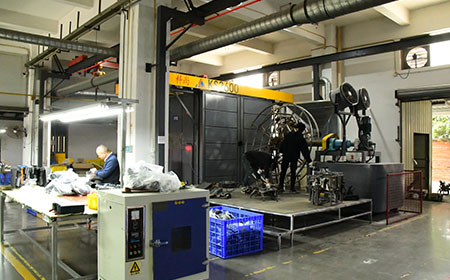
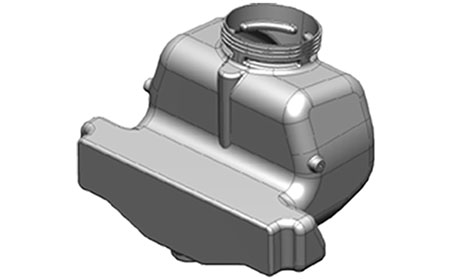
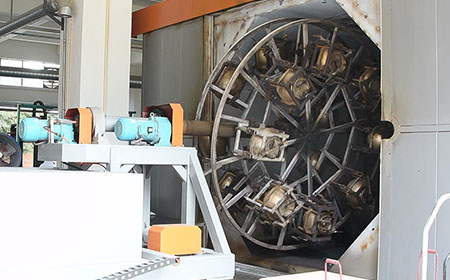
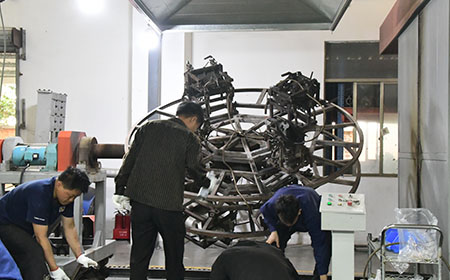

 You May Also Like
You May Also Like



 Tel
Tel
 Email
Email
 Address
Address








